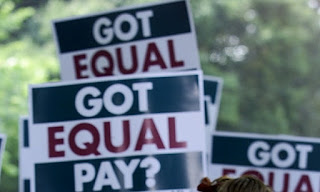We want to hear from you!
REGIONAL HEARING ON WOMEN’S HEALTH
AND PUBLIC
TESTIMONY ON WOMEN’S ISSUES
The Cape Cod & Islands Commission on The Status of Women The Commission is responsible for studying, reviewing and reporting on the status of women across Cape Cod & the Islands to the State Commission. It is charged with advising our elected officials on the effect of proposed legislation on women.
Wednesday, November 15, 2017 5:30-7:30PM
Cape Cod Community College
2240 Iyannough Rd.
West Barnstable
Science Lecture Hall, Room C
* Free Parking in Lots 8 or 9 *
* Light snacks will be provided
*
*Testimony is simply telling us your story, challenge or concern with regards to issues that affect yourself, family and community. No experience is required to testify. This is a no judgment, safe community that wants to hear your concerns to inform our elected officials of the issues that affect their constituency.
For more information, or to RSVP, email CCICSWInfo@gmail.com
All are invited to testify If you need a reasonable accommodation to fully participate, please use the above email at least 7 days prior to the hearing. To that end, the Commission conducts regional public hearings to collect testimony and opinions on women’s issues and concerns.
Please help us get the word out to the women in our communities. Attached is a flyer both as a jpg and a pdf file for you to share. If you have a website, Facebook page, electronic newsletter or other communication tools we would appreciate your assistance to ensure the voices of local women are heard.
People are invited to speak with the Commission in person at the hearing and or submit their thoughts in writing to by email to CCICSWinfo@gmail.com






















